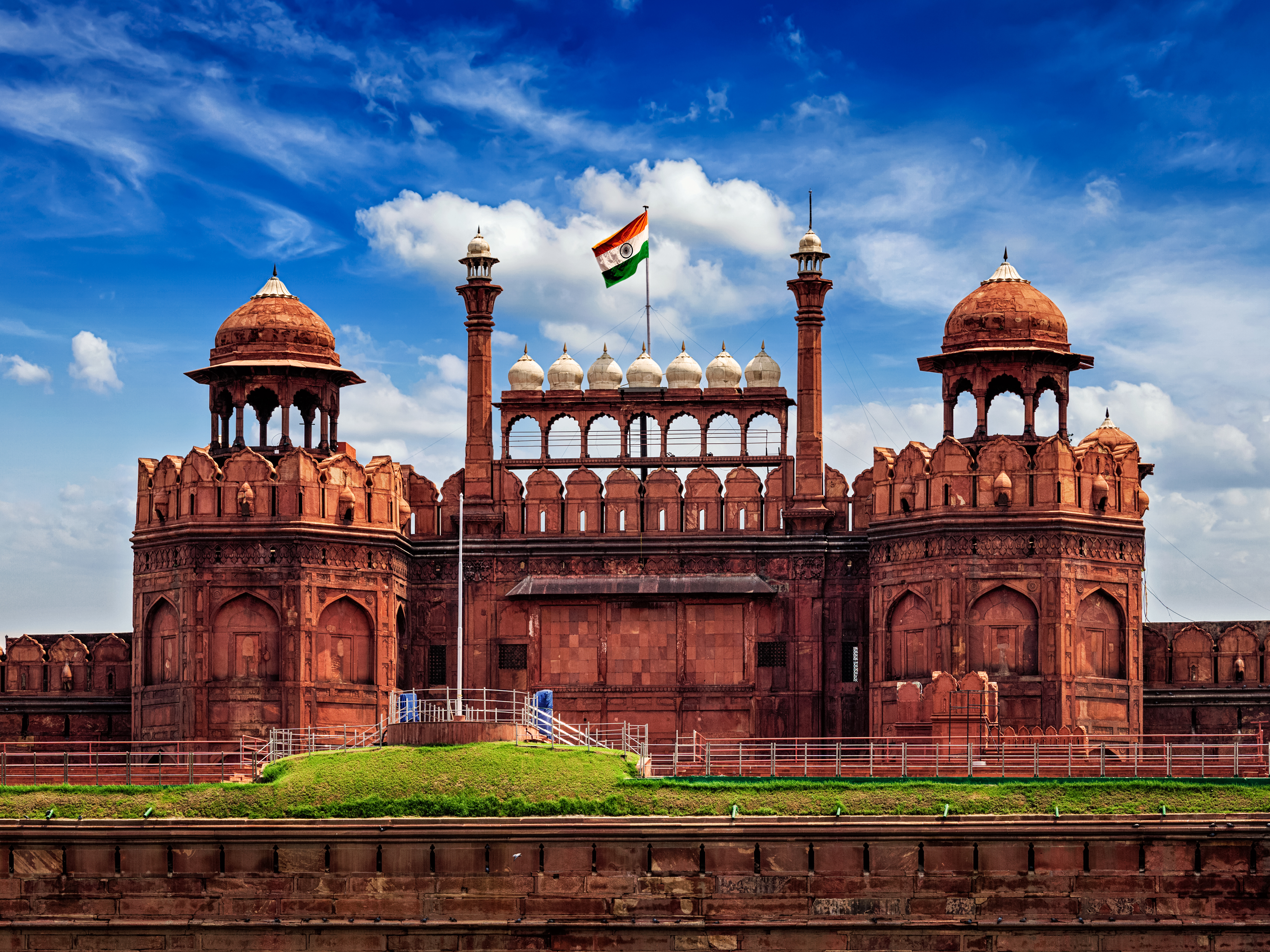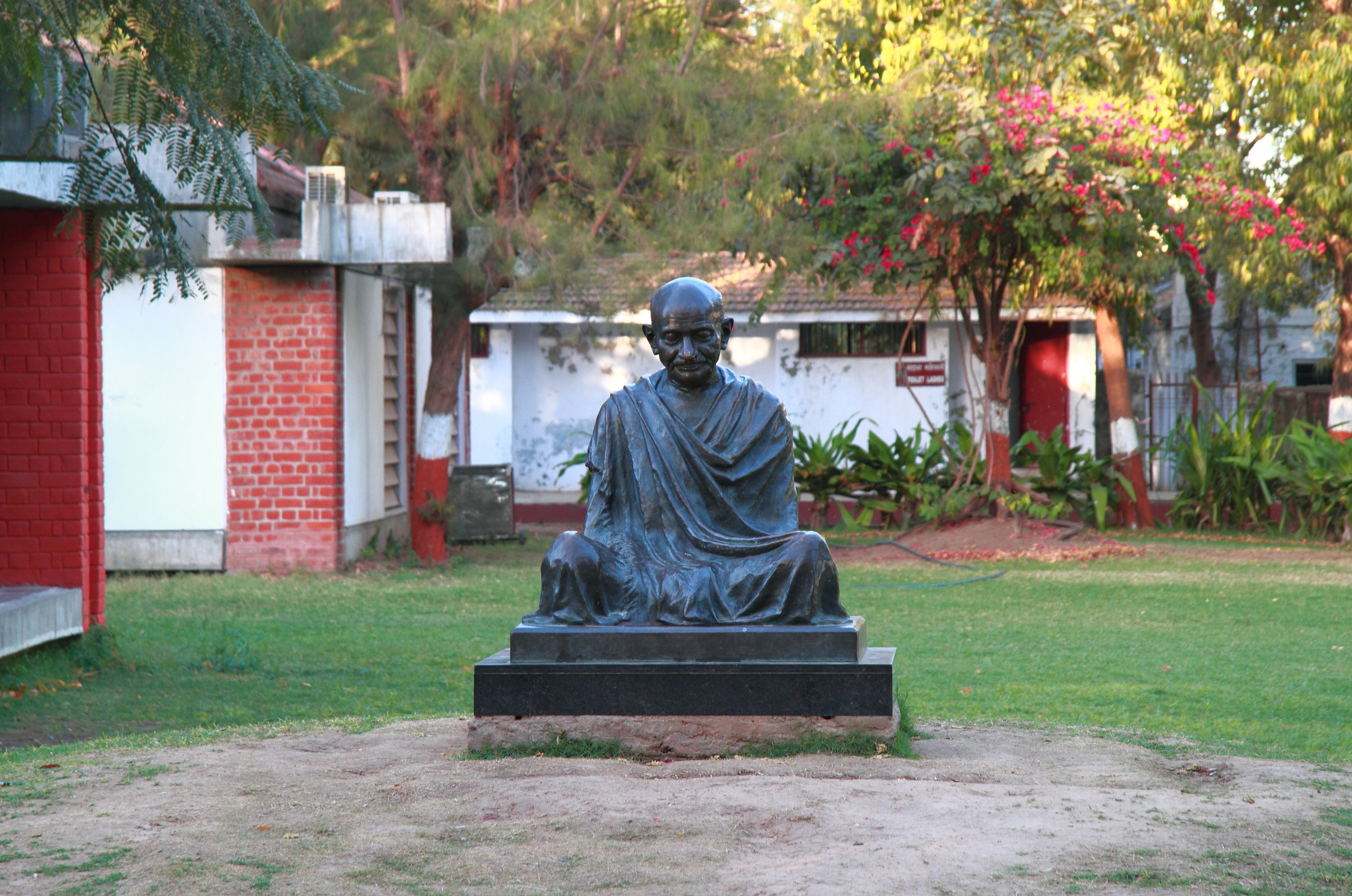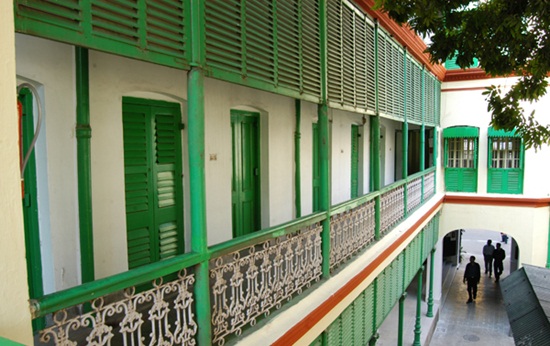Republic Day 2022: After getting independence in 1947, India’s Constitution came into force on January 26, 1950. We know this day as Republic Day. The empowerment of Indian citizens to choose their own government is commemorated on this day. It is a national holiday that honours the Indian Constitution’s formation. There are several historical sites in India which one can visit on Republic Day. However, one should take note of the Covid-19 restrictions in place due to the third wave of the pandemic.
India Gate
India Gate is a war memorial built in Delhi to commemorate Indian soldiers who died in the First World War. It also has an eternal flame that burns for all fallen soldiers of India’s wars and conflicts. The Monument was built after the end of the first World War in 1919, by Edwin Lutyens, an English Architect and member of the prestigious Royal Institute of British Architects (RIBA). The building is located on the Rajpath in New Delhi which is a ceremonial boulevard leading to Rashtrapati Bhavan and India Gate.
Red Fort
Built by the Mughal emperor Shah Jahan in 1648, this fort is located next to Old Delhi. Today, Red Fort is a major tourist attraction of Old Delhi city.
The Mughal imperial palace inside the fort has many beautiful buildings with red sandstone and marble flooring and walls. The building complex is surrounded by a moat which was originally filled with water from the Yamuna River.
India’s Prime Minister also hoists the tricolour and delivers a nationally broadcast speech from the Red Fort on every Independence Day.
Qutub Minar
Qutub Minar is a minaret and one of the earliest mosques in Delhi, India. It was built by Qutb-ud-Din Aibak, who founded the city of Delhi in 1206. The Quwwat ul Islam Mosque stands on top of a hill and is considered to be one of the grandest monuments seen from any point in Delhi.
The Quwwat ul Islam Mosque still has four minarets that stand more than 70 meters high and boast four intricately carved balconies.
Sabarmati Ashram
The Ashram was founded by Mahatma Gandhi in 1915. It is located on the banks of the River Sabarmati in Ahmedabad. It is a vital part of Indian history and has been declared a UNESCO World Heritage Site in 1983.
The ashram has seen many internal and external changes since its inception, and today it exists as a tribute to Mahatma Gandhi’s presence in this city. Shahid Swaroop Mandir stands tall at this site, commemorating the martyrdom of Gandhi on January 30, 1948, by Nathuram Godse.
Netaji Bhawan
The Netaji Bhawan is located in the city of Kolkata, West Bengal. It was built by Netaji Subhas Chandra Bose’s father in 1909. The building was used to house the offices of the Governor-General, and later became the summer residence of Prime Minister Jawaharlal Nehru. It was later used by Kamaraj, Lal Bahadur Shastri, Indira Gandhi and Rajiv Gandhi. At present, it is being used by the West Bengal Government as a museum and a cultural centre.




























